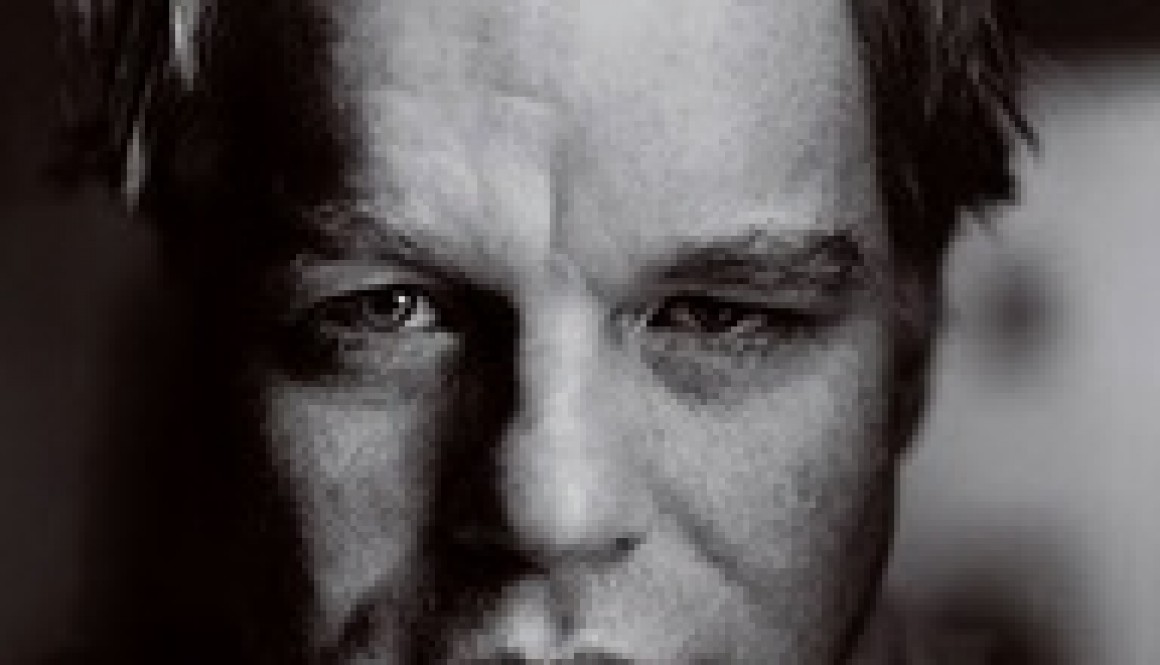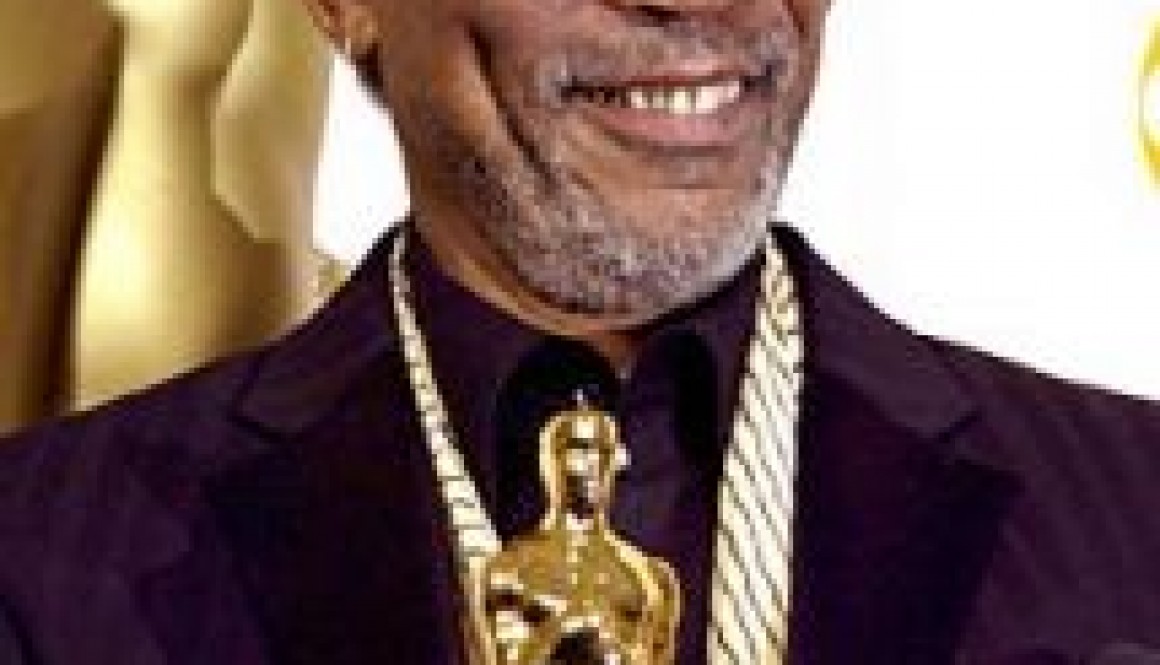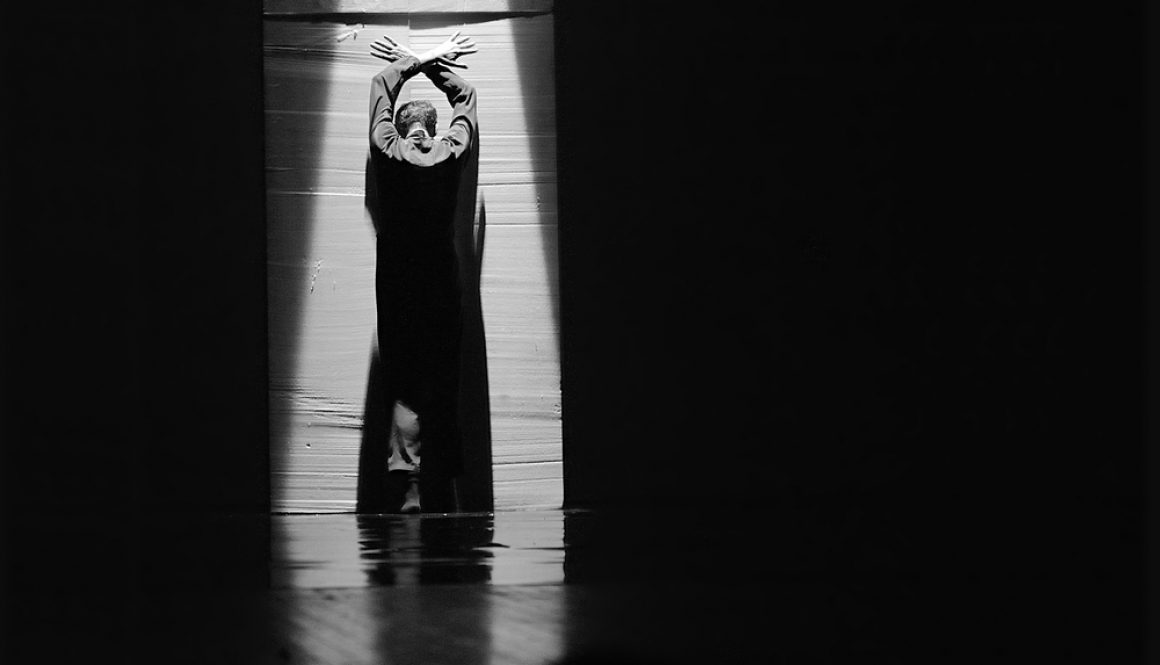Rest in Peace, the Talented Mr. Hoffman

The tragic death of Philip Seymour Hoffman yesterday stunned us all.

The tragic death of Philip Seymour Hoffman yesterday stunned us all.

“Work was never about wanting fame or money. I never thought about that. I loved getting the job, going to rehearsal, playing someone else, hanging around with a bunch of actors. I needed that, the way you need water.”
Sarah Jessica Parker – Sam Magazine, 2005

Usually, performers are the harshest judges of our own work, far worse than any stage or film critic. But do we need self-criticism in order to be a good performer?

“When it gets down to it, there’s only ever really one person in the audience, no matter how big the crowd.”
– Bono
Bono, one of the world’s most iconic performers, describes his relationship to the audience, and perhaps those representing our first audience…our families.

“The first step to a better audition is to give up character and use yourself.” – Michael Shurtleff
Michael Shurtleff, the famous casting director/theatre producer and author of the seminal book for actors, Audition, is alluding to the fact that authenticity is a vital part of any performance.
But what if the audition process itself brings up many emotions that get in the way of being present for the reading?

“Once you’ve gotten the job, there’s nothing to it. If you’re an actor, you’re an actor. Doing it is not the hard part. The hard part is getting to do it.”
– Morgan Freeman
From playing the Easy Reader on The Electric Company to Red in The Shawshank Redemption, Morgan Freeman has had an extremely successful acting career that spans several decades.
But Morgan Freeman didn’t make his off-Broadway acting debut until he was 30 years old. Before that he had worked as a transcript clerk at a community college. It took him years of persistence.

Stella Adler said, “growth as an actor and as a human being are synonymous.”
I have always noticed the parallels between my work as a therapist and the work of an actor preparing for a role. We both study human behavior. We both look at underlying character motivations. We both study the expression of emotion. We both strive to get the best performances, either out of ourselves or another. While the destination of the work is different, the journey to get there is often the same.